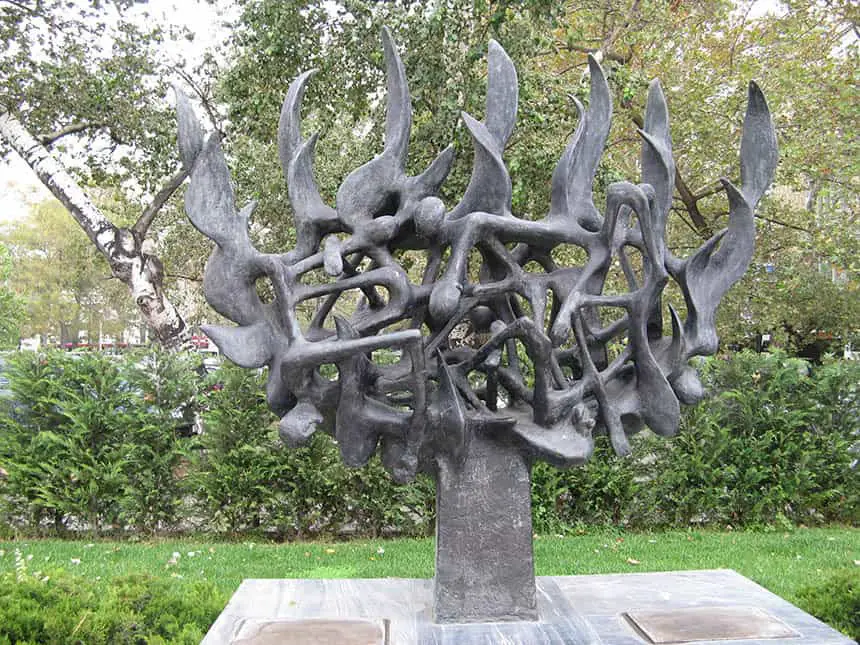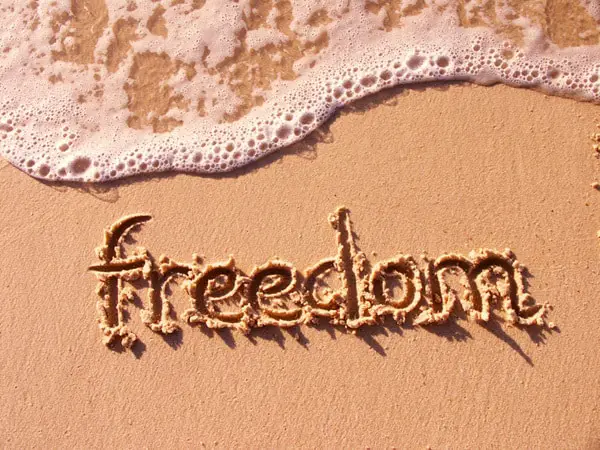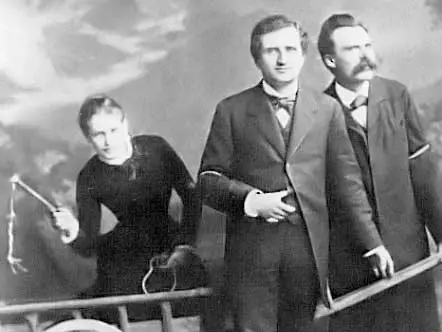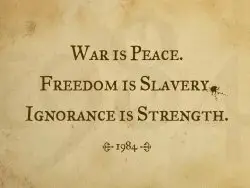The Holocaust denial paradox


The Holocaust denial paradox
A curious thought appears whenever you hear someone deny the Holocaust. After a brief repulsion towards the denier, you start thinking: what if he (again, usually a he) is right? What if indeed the holocaust did not happen? No Jews were murdered (nay, massacred), and no gas chambers existed? What if it is all set up?
And then something interesting happens. You realize that the person denying the holocaust is someone who would be on the first row to watch it happen. It is usually that same person that would gladly see it happen. So why deny it?
Why would someone deny the other their sorrow? The paradox is quite simple, and this far I have not been able to find a solution. Perhaps it has something to do with the human psyche; or perhaps it is simply idiocy/ignorance.
Both are possible answers, but what of ‘intellectuals’ (or at least people with some substance to their claims) – e.g. David Irving, or Mahmoud Ahmadinejad – deny the Holocaust. Both men are somehow expected to be ‘respectable’ – in the sense that they appeal to others for some reasons: Irving was considered a great historian until his holocaust denial; Ahmadinejad was, whether we like it or not, the president; and he was a teacher at the University of Science and Technology, with a PhD in engineering. These are not idiots or uneducated people – they were not acting from ignorance.
So why would they claim that Holocaust did not happen and at the same time wish it did? This is a difficult question. But the root of the problem seems to be in something political. Let us first remember that mourning and grief are no longer things that belong to the private sphere. As Judith Butler points out, these are deeply political matters (cf. Judith Butler’s [amazon asin=1784782475&text=Frames of War: When Is Life Grievable?] and [amazon asin=1844675440&text=Precarious Life: The Powers of Mourning and Violence]1. Her point is primarily on the reconfiguration of the international sphere towards peaceful actions through recognition of grief of the other. This is a powerful statement. Holocaust denial is not simply a denial of a historical fact. If it were, there wouldn’t be so much resistance towards it. Facts are necessarily susceptible to subjective interpretation. Holocaust denial touches a different nerve for the Jews: it is a denial of identity – i.e. denial of existence.
In other words, even though the ‘intellectual’ Holocaust deniers seemingly only wish to establish facts (Ahmadinejad once pointed out that there should be room for more research on Holocaust), the effect is that these facts, subjective their interpretation as it is, point towards a denial of Jewishness – a denial of being a Jew.
So the paradox is not as strange as it may seem – denial of the Holocaust is denial of Jewish history; and in effect, a denial of Jewish existence.
It should be noted, however, that there is a huge difference between denial of the state of Israel (its presence in the Gaza for instance), and denial of Jewish existence completely. Questioning the state of Israel is not a question of identity, but a question of expediency – not a question of the political distinction between friend and enemy, but of politics towards a goal. So even though one would not agree with Ahmadinejad on wiping Israel of the face of the earth, they may nevertheless understand it as a form of Realpolitik. This does not apply to the Holocaust denial. It is, however, of utmost importance to recognise that recognition of Israel as a state is not sufficient – as the elite in Israel has pointed out on numerous occasions, what they desire is a recognition of a Jewish state, not simply a state called Israel.
On a final note, although Holocaust is not simply a historical fact, it should be treated as such on occasion – especially so by historians whose aim it is to uncover the truth. But we should also emphasize here, as I have pointed out earlier, that history is not something that we should crave to understand for the purpose of understanding, or to create an idol in order to revere or be in awe of. History should always serve a purpose of living! Unfortunately, this is not the case. We cling to the Holocaust for all the [amazon asin=1781685614&text=wrong] [amazon asin=0520249895&text=reasons].
Ending on a humorous note, don’t you just love xkcd sometimes?

Sign up for Paradox of the Day mailing list and please visit our Patreon support page.
- See also this interview. Update Jan. 2016: Link to egs.edu seems to be broken, follow our backup for the interview here









1 Response
[…] speak of Israel (and occasionally Italy) primarily. This is somewhat puzzling, as it brings out a double implication of anti-Semitism. On the one hand, it makes it seem as if this Kenyan lawyer is concerned with Jews in particular […]